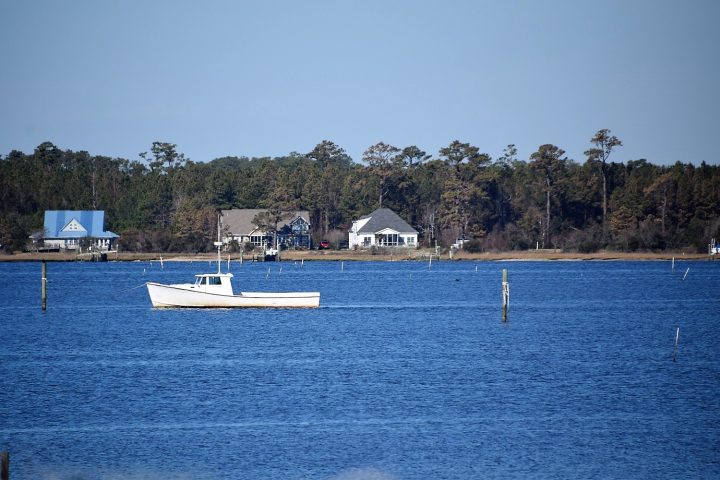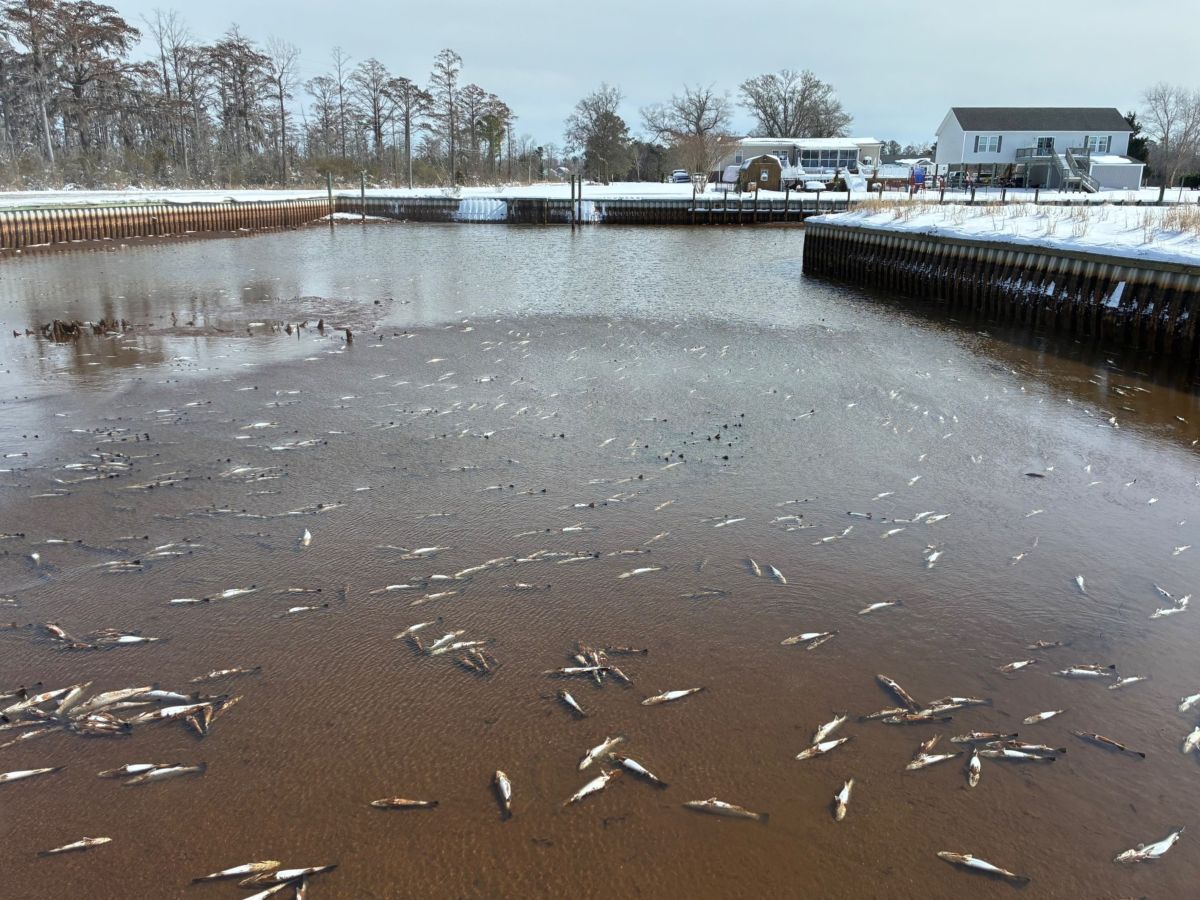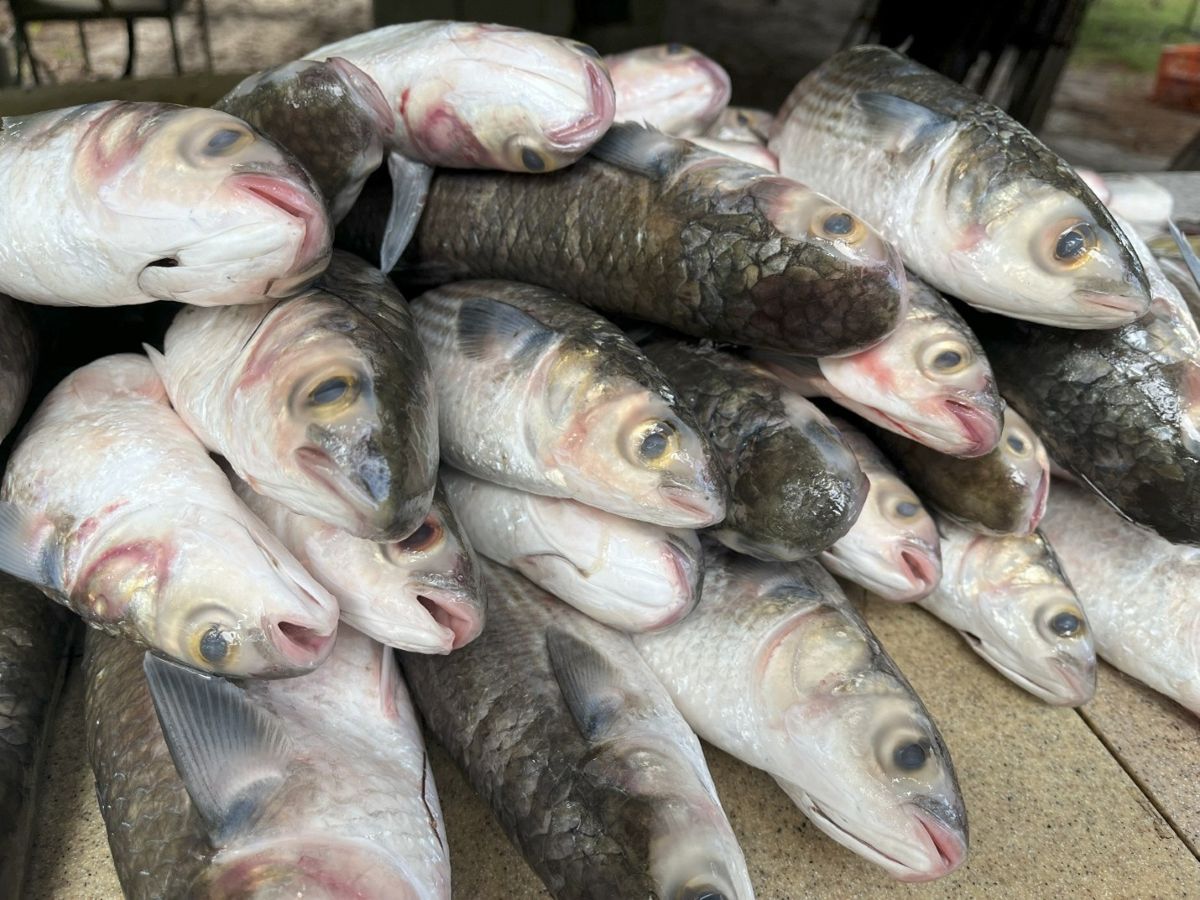
CRAB POINT – The Newport River, one of the state’s most productive estuaries, known for its tasty oysters, is in trouble. Growing up, I worked my father’s oyster leases there. When I’m not practicing law, I still try to farm there today. For many decades this estuary supported families like mine through its dependable abundance of shellfish and fish. Sadly, those days seem to be coming to an end, unless we can make significant changes that protect this amazing natural asset for future generations.

Hurricane Florence dealt a devastating blow to the Newport River. It brought several feet of tidal storm surge and approximately 30 inches of rain to Morehead City, Newport and Beaufort. This, combined with persistently higher tides that push up groundwater levels and saturate the soils, resulted in high levels of bacteria, threatening public health and shellfish-growing waters. Since shellfish may be eaten raw, shellfish harvest is closed when pollution levels exceed state standards in order to prevent disease and sickness. The river was closed after Florence hit, and much of it remains closed to this day.
Supporter Spotlight
Hurricane Florence merely exacerbated pre-existing water quality problems in North Carolina’s coastal waters. In 2017, 34 percent of all shellfish growing areas were closed to harvest, and that number rises steadily each year. Polluted runoff itself is a significant contributing factor, caused when we ditch, drain or harden the coastal landscape. Instead of soaking into the ground and being absorbed by vegetation, a much larger amount of rain now runs into creeks and sounds. Our streets and highways, with their drainage systems, are major polluters. This runoff contains bacteria and all kinds of pollutants including suspended solids, heavy metals, nutrients, and pathogens, which are the leading causes for impaired coastal surface waters. This pollution causes health concerns and economic losses in shellfish and recreation waters.
To help restore coastal estuaries, the N.C. Department of Transportation (NCDOT) worked with N.C. State University on a stormwater retrofit project on N.C. 211 in Brunswick County, which successfully reduced the stormwater runoff that flowed into the Lockwood Folly River, reducing the volume of bacteria and other pollutants. This project will hopefully serve as a business case for NCDOT to install retrofits on all its ditches that flow into the Newport River to help restore its water quality.
The North Carolina Coastal Federation collaborated with Wilmington and Wrightsville Beach to develop a watershed restoration plan that focuses on installing stormwater retrofit projects, reducing the stormwater runoff flowing into creeks. These projects are reducing the amount of runoff by 50 to 90 percent in some watershed areas, proving the case that if we make the investment, we can restore water quality and maintain our coastal waters as productive places for growing shellfish.
But our coastal communities cannot tackle this alone. Pollution control strategies for stormwater and sewage become much less effective when “normal” weather patterns become extreme. They simply can’t function effectively when heavier rains and higher tides completely saturate the land. It turns out that farming shellfish helps remove carbon from the atmosphere and scrubs the crud out of our waters. Investing in the health of our estuaries clearly has many benefits both for our coastal communities and the country.
We need our state lawmakers to act on water quality recommendations that protect shellfish farms. We need NCDOT and municipalities to significantly expand the number of installations of stormwater retrofit each year throughout our coastal landscape. We need to reduce the volume of polluted runoff reaching coastal waters if the Newport River and its sister estuaries are to be saved. The integrity and health of our coast are at stake. Not only are existing and potential jobs and economic benefits of the shellfish industry at stake, but also ultimately our entire coastal economy including tourism will suffer dramatic losses if we don’t multiply considerably our efforts to protect coastal water quality. We must act with urgency if we have any hope of ensuring that locally caught seafood will remain a North Carolina legacy and delicacy.
Supporter Spotlight
To stimulate discussion and debate, Coastal Review Online welcomes differing viewpoints on topical coastal issues. See our guidelines for submitting guest columns. The opinions expressed by the authors are not necessarily those of Coastal Review Online or the North Carolina Coastal Federation.







